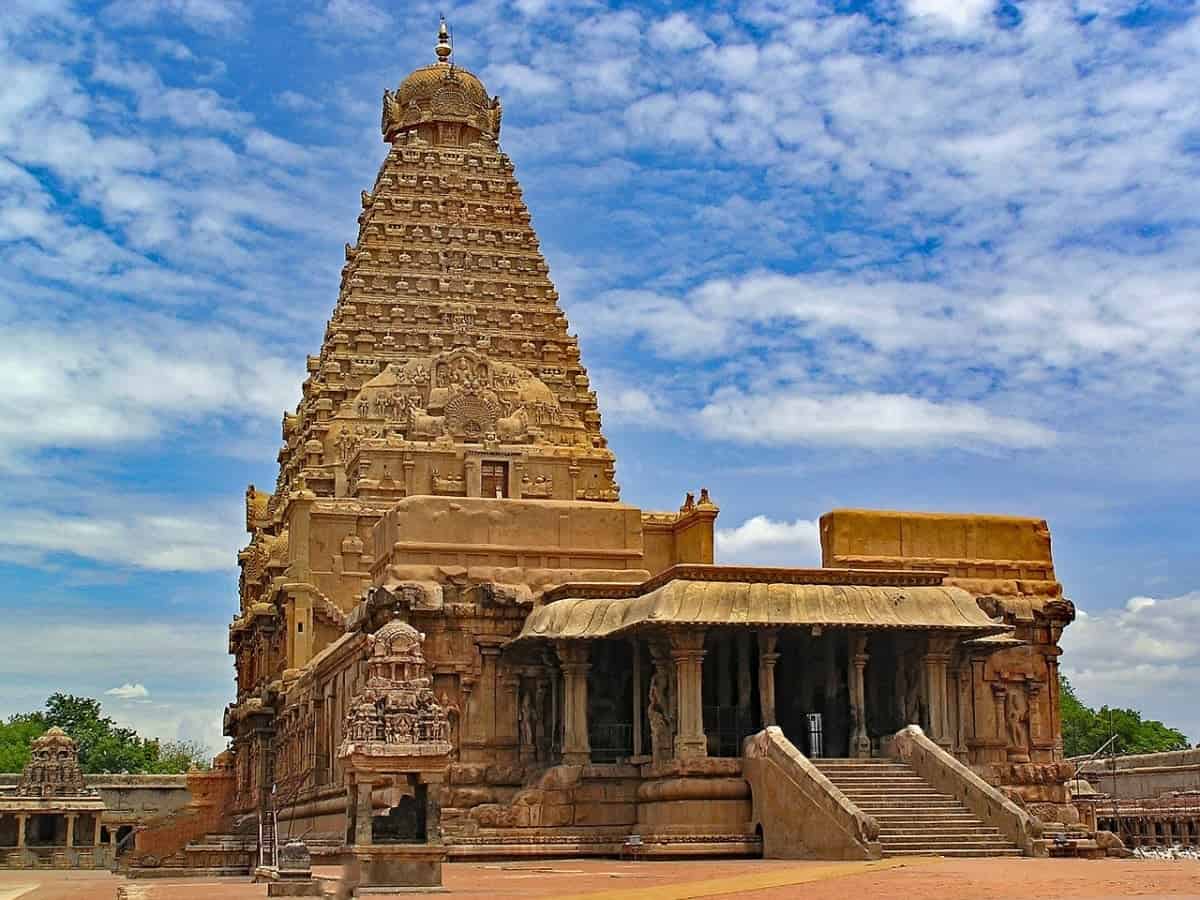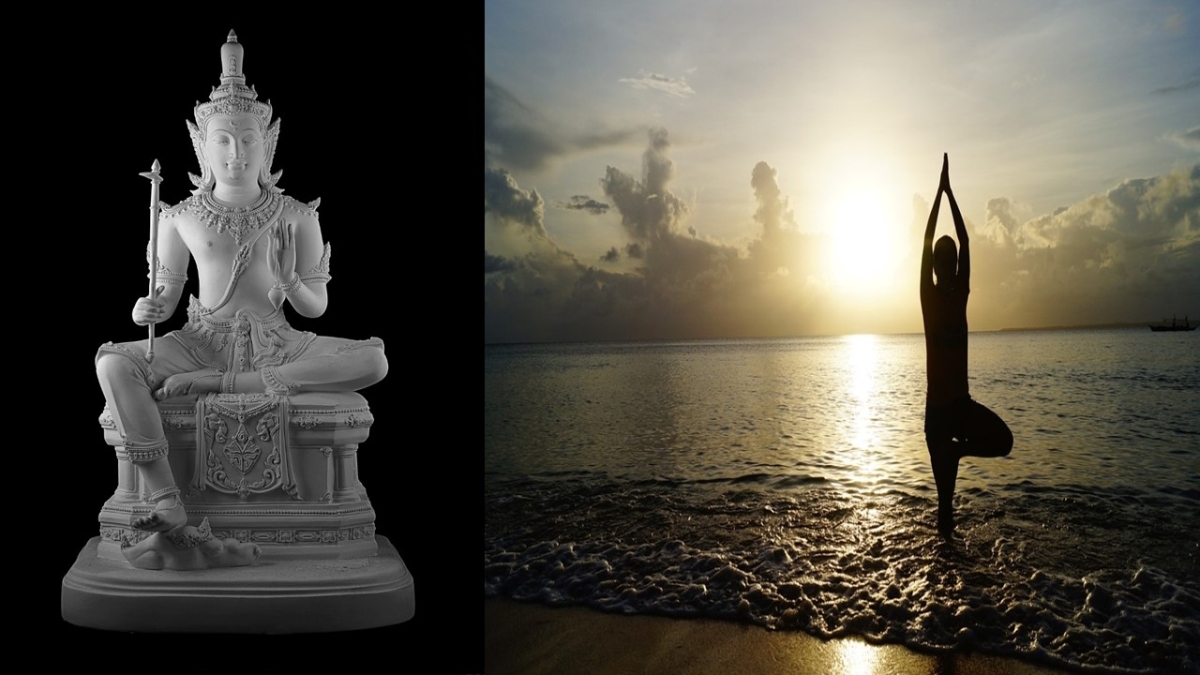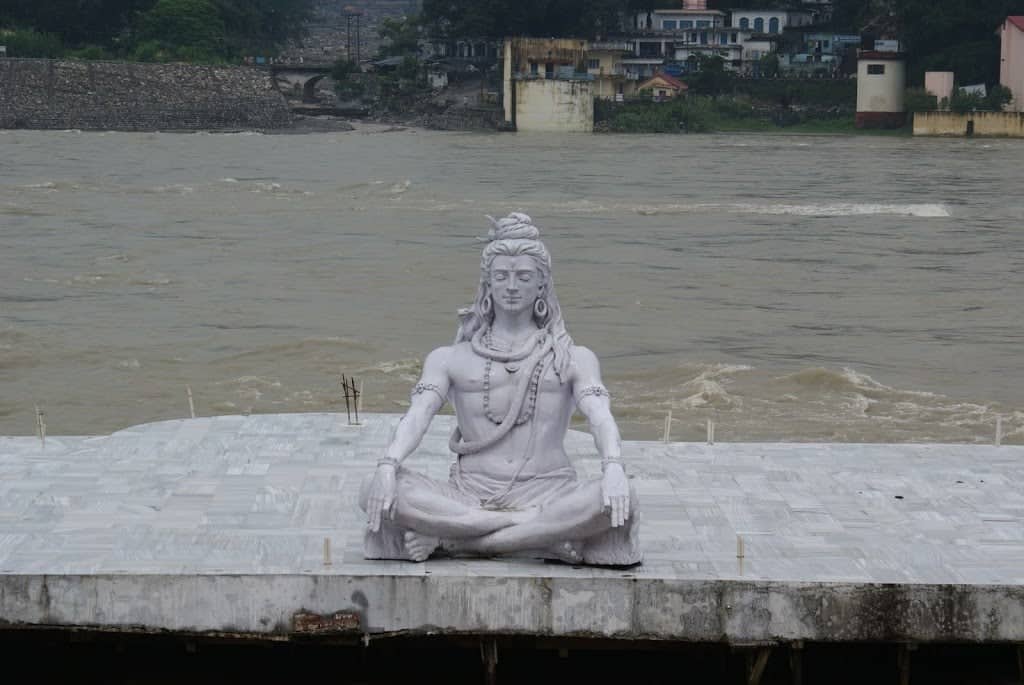Introduction
Mahavakya Upanishad is the 92nd Upanishad of 108 Upanishads of Muktika Upanishad Order and forms part of Atharva Veda.
It deals with Hamsa Vidya and the concepts that relate to Atman, Anatman, and Paramatman. It is a minor Upanishad containing twelve verses.
Mahavakya Upanishad Commentary
The Qualities of the Seeker
Lord Brahma begins to discourse: I present now the highest Upanishad. It is a great secret and it should not be imparted to unworthy people. Also, it should be imparted only to those of consistent behavior, having their tendency turned inward and seeking this knowledge from their Guru.
The aspirant who is intent on acquiring the supreme knowledge should withdraw himself from the eyes of wisdom that understands the non-existence of the outer phenomenal world which leads from bondage to liberation and from the eyes of ignorance which believes the existence of the phenomenal world which leads to bondage.
The reason for the belief in the existence of the phenomenal world is because of the dominance of Tamas which is the darkness that hides the reality. The whole phenomenal world that consists of Brahman (wrongly construed as separate) and Brahmanda (the macrocosm) is darkness only.
Chid-Aditya-Vidya
The rituals prescribed in all Vedas with cherished goals of fulfilling desires belong to the phenomenal world only. Atman is not darkness. The Chid-Aditya-Vidya ( Vidya of the Sun of consciousness or Vidya of radiating consciousness) manifests itself both inside and outside of the phenomenal world of ignorance. It manifests in the region of radiating consciousness. One should understand this and nothing else.
That Sun (radiance) is Brahman: Hamsa pertains to AJAPA GAYATRI. Hamsa Soham: That Sun I am or That Atman I am or That Brahman I am. It is capable of being acquired using Prana and Apana going inward and outward from the opposite direction.
Sat Chit Ananda
Having acquired this, the yogi should apply it constantly with a meditation on Atman in its threefold aspects for a longer duration. Then Paramatman will manifest on his own as Sat Chit Ananda: Existence, consciousness, and Bliss.
Sat Chit Ananda is the state of glorious shining with the luminosity of innumerous Suns. Moreover, it is like a wave-less deep ocean that cannot be absorbed because of its vastness and enormous nature. Neither this is Samadhi. nor is this the result of the successful accomplishment of any yoga. Also, It is not the dissolution of the mind. It is the oneness of Brahman.
What is the color of Chid-Aditya (radiant consciousness) that is on the other side of the darkness of the phenomenal world? The seeker recognizes it after considering all the names and forms of the phenomenal world and arriving at a conviction that they are false and dark.
A long time ago, Lord Brahman explained the importance of this state. Also, Sakra is known for his wisdom and has reached the four stages.
He who knows Paramatman as of this radiant consciousness attains immortality immediately. To attain liberation, there is no other way to use Yajna or Yajna worship of Gods. This is the foremost of all Dharmas (righteous activities). He who knows Brahman attains the heaven wherein the Gods dwell from the times of yore.
I am that extreme radiance. Also, I am that radiance of the Sun. I am Lord Shiva. Also, I am the radiance of the White. I am every radiance that shines forth.
Benefits of Studying Mahavakya Upanishad
Mahavakya Upanishad is the head of Atharva Veda. For him who studies this Upanishad in the morning, the sins that accrue over the night cease to exist.
Moreover, all the sins that accrued during the daytime cease to exist for him who studies this during the night. Besides, He who studies at daybreak and sunset destroys his sins.
Moreover, he who studies at noon facing the sun destroys the five great sins together with the smaller sins.
Furthermore, he acquires the wisdom of studying all the Vedas. Also, he unites with Lord Maha Vishnu.
Thus ends Mahavakya Upanishad.
Om Tat Sat!
Ref: Sanskrit Text



